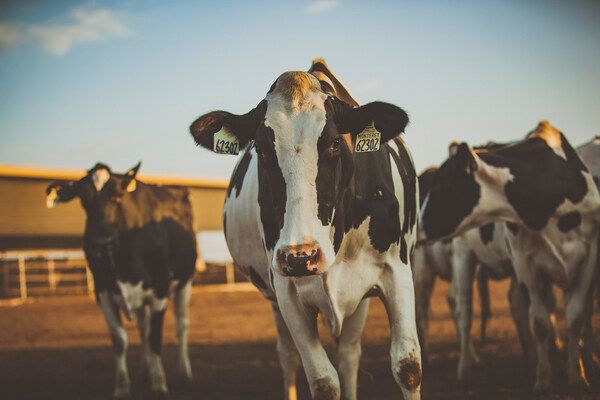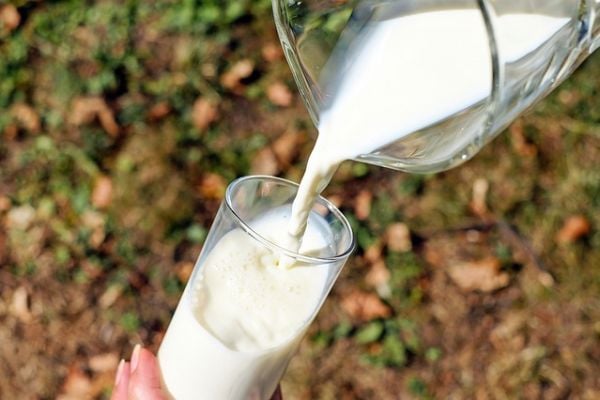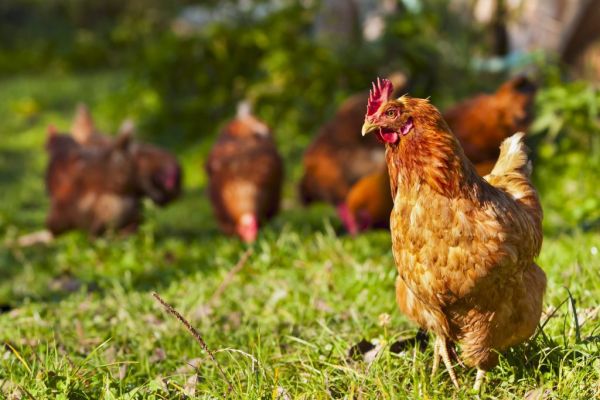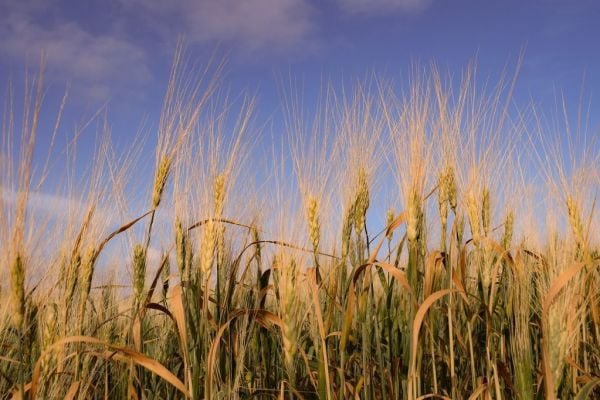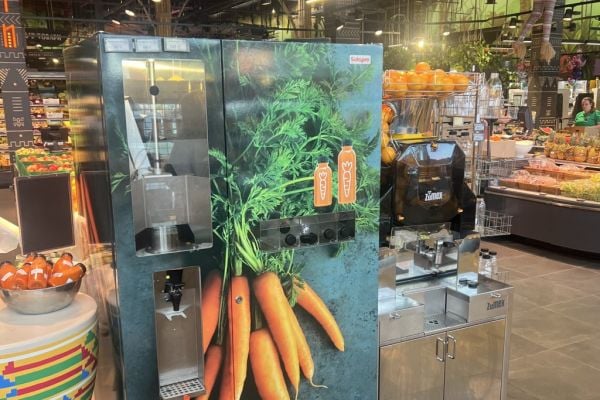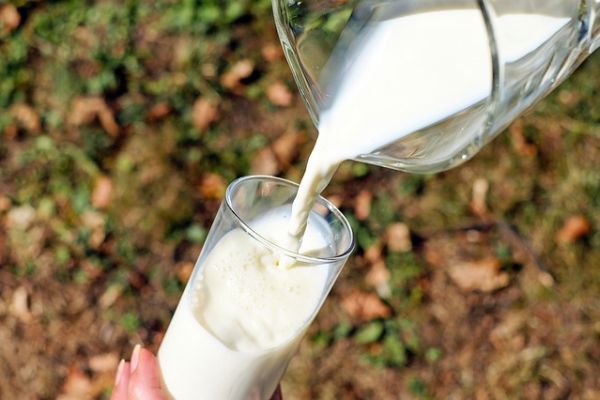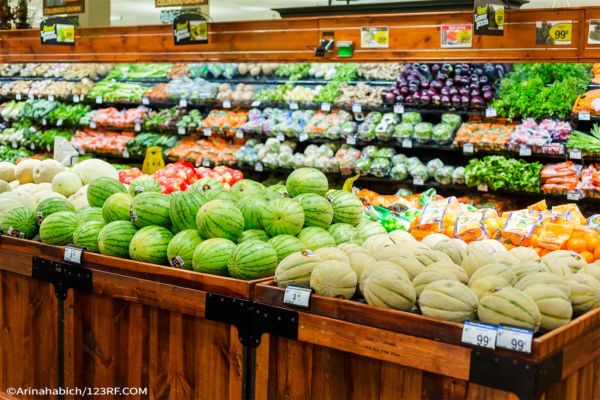The Californian dairy sector is on target to reach the state's methane reduction goals and achieve climate neutrality by 2030, according to a new peer-reviewed study published by researchers from the CLEAR Center at the University of California.
The study, published in CABI Biological Sciences, examined the California dairy sector's progress towards the target set by Senate Bill 1383 to achieve a 40% reduction in methane emissions by 2030 against the baseline year 2013.
Researchers identified potential pathways for the industry to not only meet but exceed SB 1383 requirements by evaluating the atmospheric warming contributions from 2019 to 2030 under multiple scenarios.
Researchers assessed the climate impact of dairy farming considering the warming potential and life cycle of methane – a potent, but short-lived greenhouse gas that with a lifespan of about 12 years before being broken down into carbon dioxide and water vapour.
Plant crops that are grown to feed dairy cattle absorb and sequester that carbon dioxide as part of a biogenic emission cycle. This cycle means that a near constant level of methane emissions contributes no additional global warming, and a reduction in methane emissions can offset past warming contributions.
Methane-Reduction Projects
The industry can achieve climate neutrality as early as 2027 by increasing the use of dairy digesters, improving manure management, and utilising feed additives, according to researchers.
However, this will require widespread adoption of methane-reduction projects by California's dairy farmers.
More than 250 California dairy farms have already implemented a methane reduction project, the study noted.
The majority of these projects have been incentivised by the California Department of Food and Agriculture (CDFA)'s alternative manure management programme (AMMP) and Dairy Digester Research and Development Programme (DDRDP).
"What's most exciting about this study is that it shows the aggressive methane reductions the dairy sector has pursued will not only lead to a point in which they are no longer adding warming to the atmosphere, but can go further and chip away at historical emissions," said UC Davis professor and air quality specialist, Frank Mitloehner.
"Agriculture is one of the few sectors that can do that. The rest of the world is looking at how California is reducing methane, and sees that significant reductions are possible and have big impact on a sector's climate footprint."
© 2023 European Supermarket Magazine – your source for the latest fresh-produce news. Article by Robert McHugh. Click subscribe to sign up to ESM: European Supermarket Magazine.
